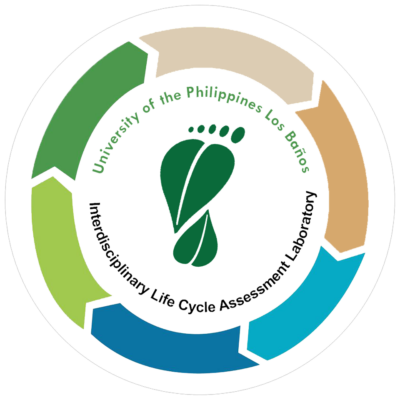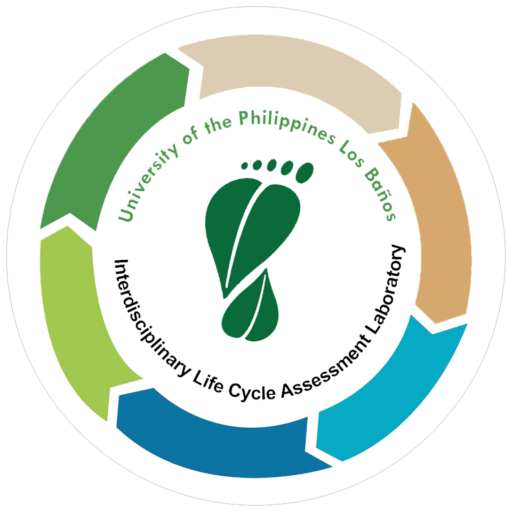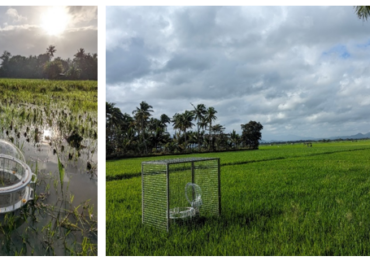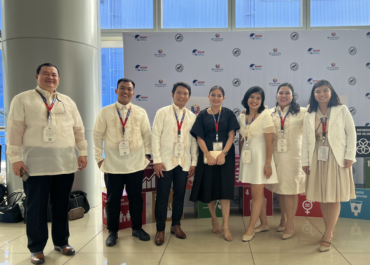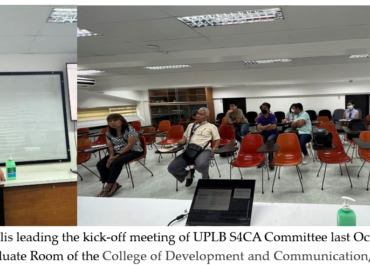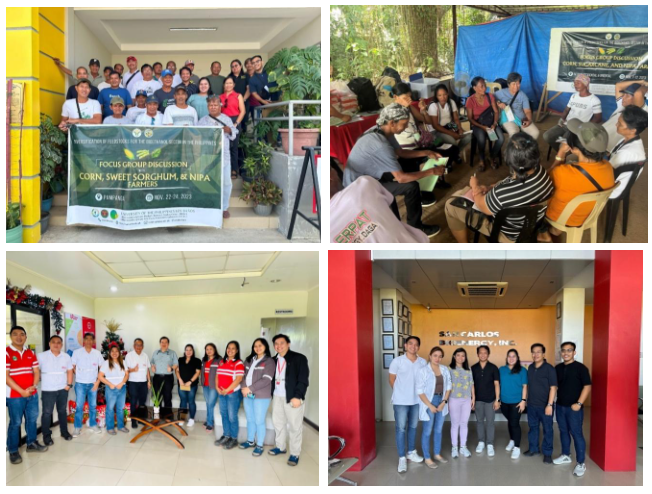
UPLB's Pioneering Project on Feedstock Diversification for the Philippines' Bioethanol Industry
The University of the Philippines Los Baños (UPLB), through the UPLB Interdisciplinary Biofuels Research Studies Center (UPLB-IBRSC) and UPLB Interdisciplinary Life Cycle Assessment Laboratory (UPLB-ILCAL), has embarked on a project funded by the Sugar Regulatory Administration (SRA) and endorsed by the Ethanol Producers Association of the Philippines (EPAP). Titled "Diversification of Feedstocks for the Bioethanol Sector in the Philippines," the project seeks to contribute in potential redefining of the landscape of the country's bioethanol industry in relation to feedstock use.
The overarching goal of the project is to craft a comprehensive, science-based policy paper that will serve as a foundation for informed decision-making within the Philippine bioethanol sector. The primary focus lies in exploring the potential diversification of feedstocks, spanning both traditional sugarcane-based sources such as raw sugar, sugarcane syrup, rectified spirit, as well as non-sugarcane alternatives including corn, nipa, and sweet sorghum. This undertaking holds the promise of addressing critical issues in the bioethanol industry, particularly on sustainability and efficiency. By exploring a broader spectrum of feedstocks, UPLB aims to contribute invaluable insights that could reshape the industry's trajectory.
Dr. Rex B. Demafelis, the lead researcher on the project, expressed enthusiasm about the potential impact of the research as the outcomes of the project are anticipated to extend beyond academic research, potentially laying the groundwork for regulatory and legislative policies. This could include significant amendments to the existing Biofuels Law, specifically addressing the sufficiency and sustainability of the bioethanol sector in the Philippines.
As the project progresses, extensive data gathering activities in different places such as Negros Occidental, Negros Oriental, Batangas, Cavite, Pampanga, Isabela, Cagayan, and Ilocos Norte have concluded. These include focus group discussions with corn, sugarcane, sweet sorghum and nipa farmers, and key informant interviews with various bioethanol distilleries.
The collaborative effort between UPLB, SRA, and EPAP underscores a commitment to addressing pressing challenges within the bioethanol industry. As the project advances, stakeholders eagerly anticipate the emergence of a comprehensive, science-driven policy paper that could potentially shape the future of bioethanol production in the Philippines. As UPLB continues to make strides in this project, the nation awaits the transformative impact it may bring to the bioethanol landscape.
The overarching goal of the project is to craft a comprehensive, science-based policy paper that will serve as a foundation for informed decision-making within the Philippine bioethanol sector. The primary focus lies in exploring the potential diversification of feedstocks, spanning both traditional sugarcane-based sources such as raw sugar, sugarcane syrup, rectified spirit, as well as non-sugarcane alternatives including corn, nipa, and sweet sorghum. This undertaking holds the promise of addressing critical issues in the bioethanol industry, particularly on sustainability and efficiency. By exploring a broader spectrum of feedstocks, UPLB aims to contribute invaluable insights that could reshape the industry's trajectory.
Dr. Rex B. Demafelis, the lead researcher on the project, expressed enthusiasm about the potential impact of the research as the outcomes of the project are anticipated to extend beyond academic research, potentially laying the groundwork for regulatory and legislative policies. This could include significant amendments to the existing Biofuels Law, specifically addressing the sufficiency and sustainability of the bioethanol sector in the Philippines.
As the project progresses, extensive data gathering activities in different places such as Negros Occidental, Negros Oriental, Batangas, Cavite, Pampanga, Isabela, Cagayan, and Ilocos Norte have concluded. These include focus group discussions with corn, sugarcane, sweet sorghum and nipa farmers, and key informant interviews with various bioethanol distilleries.
The collaborative effort between UPLB, SRA, and EPAP underscores a commitment to addressing pressing challenges within the bioethanol industry. As the project advances, stakeholders eagerly anticipate the emergence of a comprehensive, science-driven policy paper that could potentially shape the future of bioethanol production in the Philippines. As UPLB continues to make strides in this project, the nation awaits the transformative impact it may bring to the bioethanol landscape.
- Engr. Rona Joyce B. Landoy
UPLB ILCAL Works on a Groundbreaking Research on Sustainable Rice Production in the Philippines
The University of the Philippines Los Baños Interdisciplinary Life Cycle…
Highlights from the UPLB ILCAL Team at the 20th APCChE Congress and 84th PIChE National Convention
Nine papers by the UPLB Interdisciplinary Life Cycle Assessment Laboratory…
UPLB Takes a Leap Towards Sustainability: The Birth of the S4CA Committee
In a groundbreaking move towards environmental stewardship, the University of…
